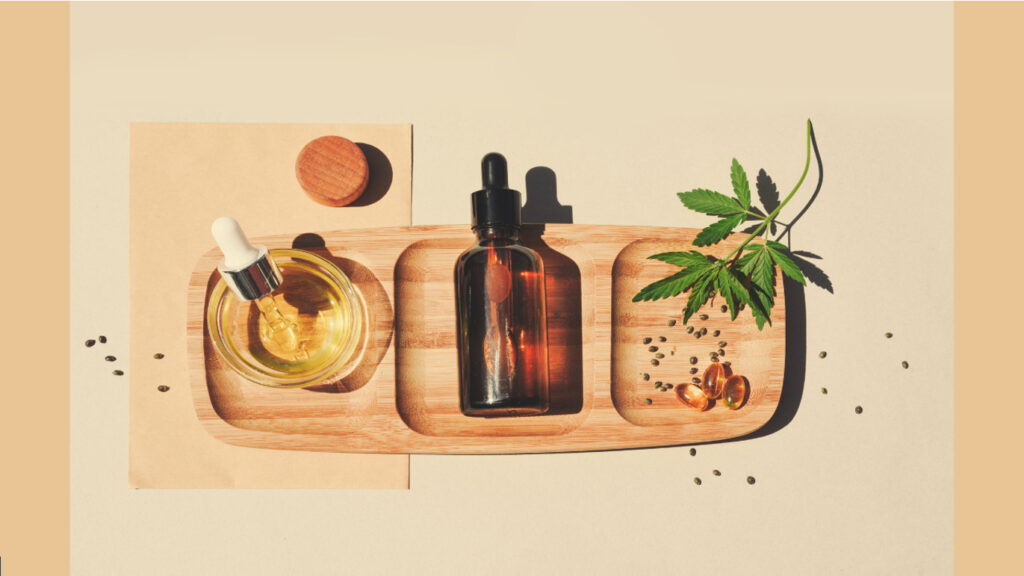As a practicing clinician for more than a quarter century, I understand the complexity of anxiety disorders and the various treatment options available. Cannabidiol (CBD) has gained popularity as a potential therapeutic agent for managing anxiety, but like any intervention, it comes with its own set of pros and cons.
Let’s begin with the potential benefits of using CBD to manage anxiety.
- One of the key advantages is its ability to interact with the endocannabinoid system, which plays a crucial role in regulating mood and stress responses. CBD is believed to modulate these responses by influencing neurotransmitter activity, potentially reducing feelings of anxiety, and promoting a sense of calm.
- Another pro is the relatively low risk of addiction or dependence associated with CBD. Unlike some traditional anxiety medications, such as benzodiazepines, CBD is not known to be habit-forming. This makes it an attractive option for individuals who may be concerned about the long-term effects of medication or the potential for substance abuse.
- Additionally, CBD is generally well-tolerated, with few reported side effects. This is particularly significant for those who experience adverse reactions to traditional medications or are seeking a more natural approach to anxiety management. The mild side effects that may occur, such as drowsiness or dry mouth, are typically temporary and not as severe as those associated with some prescription medications.
On the flip side, it’s crucial to consider the potential drawbacks of using CBD for anxiety.
- One significant con is the lack of standardized dosing guidelines and regulations. CBD products on the market vary widely in terms of concentration and purity, making it challenging for patients to determine the appropriate dosage. This lack of consistency can lead to ineffective treatment or, in some cases, unexpected side effects.
- Another concern is the limited scientific evidence supporting the efficacy of CBD for anxiety. While some studies suggest positive outcomes, the research is still in its early stages, and more robust clinical trials are needed to establish the true effectiveness of CBD in managing anxiety disorders. As a psychiatrist, I always emphasize the importance of evidence-based interventions, and the current lack of conclusive data poses a challenge in fully endorsing CBD as a primary treatment option.
- Additionally, CBD may interact with other medications, potentially affecting their metabolism and effectiveness. It’s crucial for individuals considering CBD for anxiety to consult with a healthcare professional, especially if they are already taking prescription medications.
In conclusion, the use of CBD for managing anxiety presents both potential benefits and drawbacks. While it offers a promising alternative with a lower risk of addiction and generally mild side effects, the lack of standardized dosing and limited conclusive evidence are significant considerations.
As a psychiatrist, I approach each case individually, considering the unique needs and preferences of my patients while prioritizing evidence-based practices in the treatment of anxiety disorders. It is important for individuals to engage in open and informed discussions with their healthcare providers to make well-informed decisions about incorporating CBD into their anxiety management plan.
